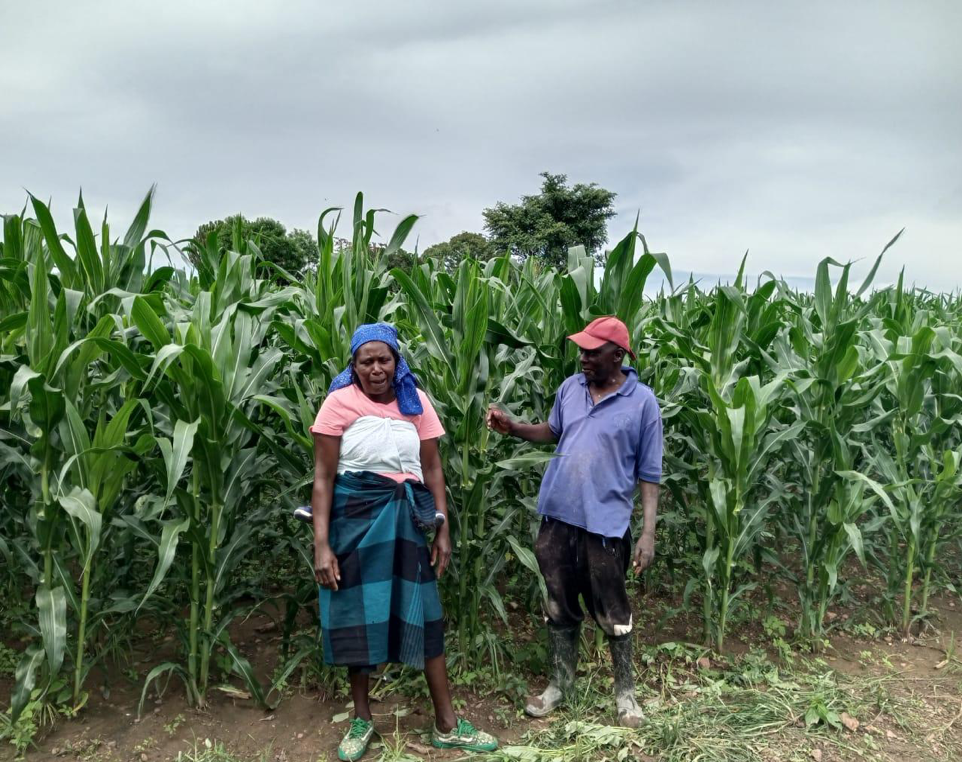
By Mufaro Mupetesi
Anna (47) and Ernest Musemwa (54) from Chakowa village in ward 8, Mt Darwin are proving that smallholder farmers can produce high yields without the use of environmentally harmful synthetic fertilizers.
The couple have found success in their farming practices through the use of vermicompost manure.
Being part of a group of over 50 farmers trained by Farmers Association of Community self –Help Investment Groups (FACHIG), the Musemwas have become leading innovators and implementers of the vermicomposting technique.
In the training, small-scale farmers learned how to produce vermicompost manure using red wiggler worms. Their training focused on how to multiply, feed and harvest the worms by providing the most suitable conditions for their survival.
Pushed by the location of their homestead which is on a rocky, sandy and uneven terrain which makes it difficult to successfully grow crops ,the Musemwas took the learning seriously and went back home to apply what they had learnt.
Ernest says the impact of vermicomposting was instant. Before they began adopting the use of vermicomposts, the average maize harvest on their land was approximately 1.5 to 2.5 tonnes per hectare, but their harvest has since increased to 3.5 tonnes per hectare which has greatly improved their food security.
Ernest also says the use of vermicompost manure has so improved the quality of soils in his crop field that he has now begun growing a diversity of crops, which he could not do before.
Anna says vermicompost also has other advantages. She says making vermicompost is not only good for the environment and for improving yields but it is also far much cheaper than other options. She says this is because they use leftovers from the kitchen to feed into the vermicomposts. Moreover, some kitchen leftovers are fed to their indigenous chickens which produce manure and that manure also feeds the vermicomposts.
The couple says their hope is to increase production of vermicompost in order to influence the surrounding community, while also aiming to produce enough to also sell.







